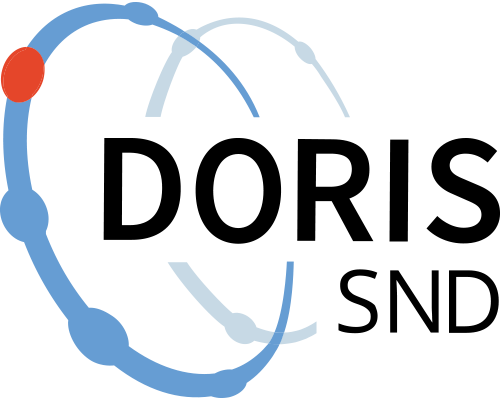A multimodal brain imaging dataset on sleep deprivation in young and old humans: The Sleepy Brain Study 1, version 3
https://doi.org/10.5878/87y5-kh22
The Stockholm Sleepy Brain Study I is a functional brain imaging study of 48 younger (20-30 years) and 36 older (65-75 years) healthy participants, with magnetic resonance imaging after normal sleep and partial sleep deprivation in a crossover design. We performed experiments investigating emotional mimicry, empathy for pain, and cognitive reappraisal, as well as resting state functional magnetic resonance imaging (fMRI). We also acquired T1- and T2-weighted structural images and diffusion tensor images (DTI). On the night before imaging, participants were monitored with ambulatory polysomnography and were instructed to sleep either as usual or only three hours. Participants came to the scanner the following evening. Besides MRI scanning, participants underwent behavioral tests and contributed blood samples, which have been stored in a biobank and used for DNA analyses. Participants also completed a variety of self-report measures. The resulting multimodal dataset may be useful for hypothesis generation or independent validation of effects of sleep deprivation and aging, as well as investigation of cross-sectional associations between the different outcomes.
A full description of study design and procedures is available at: https://openarchive.ki.se/xmlui/handle/10616/45181Opens in a new tab
The dataset is available for download with the tool Datalad (https://www.datalad.orgOpens in a new tab). The command after installing Datalad is:
datalad install -r https://github.com/NilsonneData/SleepyBrain1.gitOpens in a new tab
Earlier versions of this dataset can be found here: https://openneuro.org/datasets/ds000201/versions/1.0.3Opens in a new tab
Documentation files
Documentation files
Citation and access
Citation and access
Data access level:
Creator/Principal investigator(s):
Research principal:
Data contains personal data:
No
